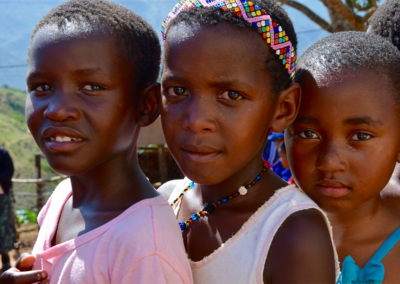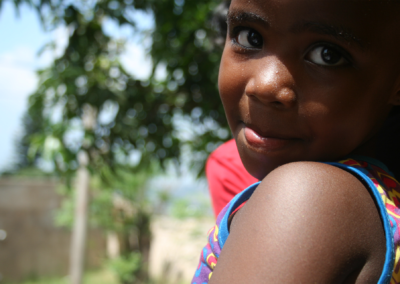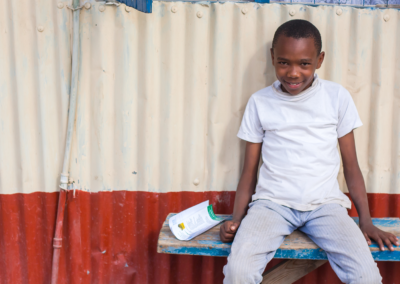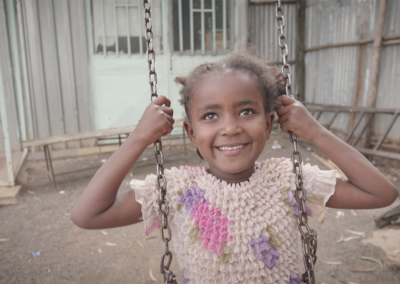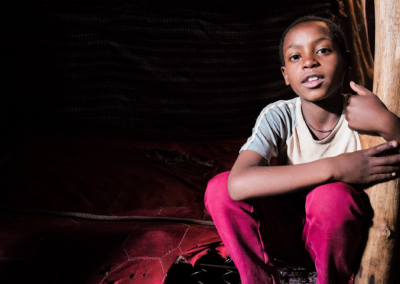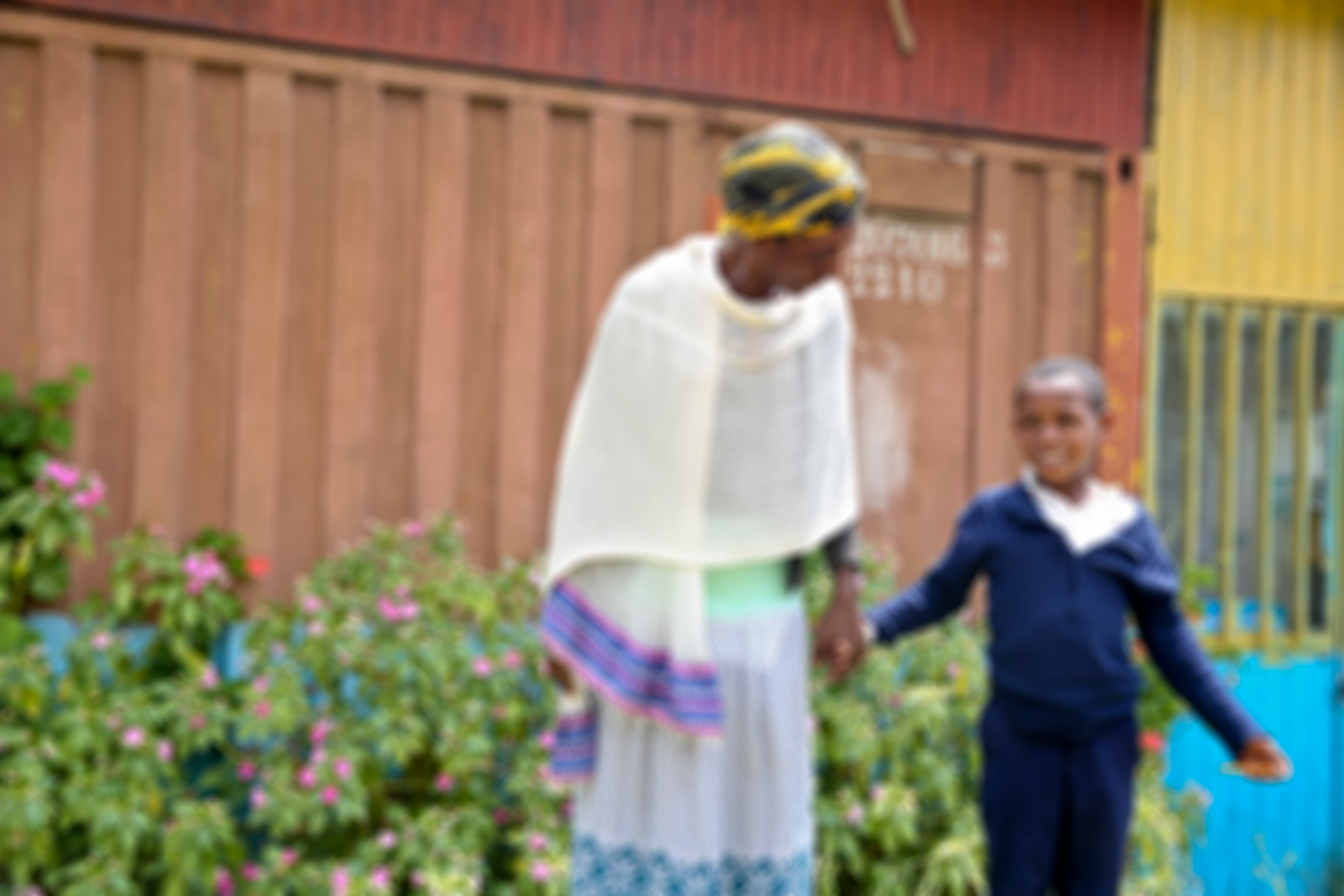CHURCH PARTNERSHIP
Sheno Kale Heywet ChurchThrough the Home Based Care program, this church will help meet the physical, mental, emotional, and spiritual needs of 20 families caring for orphaned and vulnerable children.
Addis Ababa, Ethiopia
Sheno Kale Heywet CHURCH
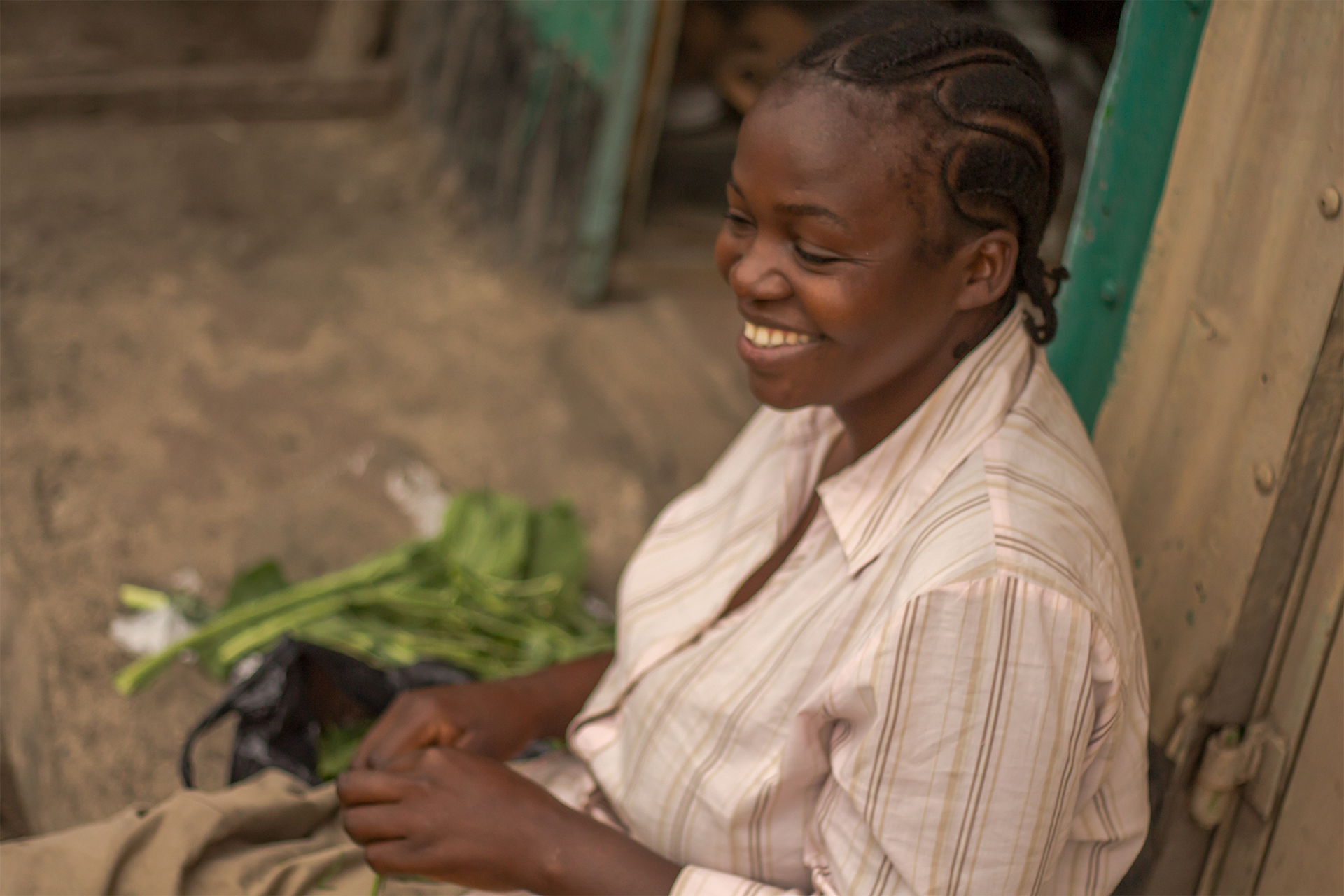
AbOUT THE CHURCH
Sheno Kale Heywet Church was founded in 2002 and is located 80 kilometers from the capital, Addis Ababa, in a small city of few residents, mostly dominated by Orthodox Christians. The church remains small; however, since 2002, the church has planted three more churches in the surrounding areas. Thankfully, the church owns the place they have now, providing a great opportunity for the church to invest more deeply in establishing a wholistic ministry for the church members and for the community. The church supports families in the community with clothes, school supplies for the children, and with gifts on special holidays. The church’s contribution to these families has garnered it a greater respect and acceptance within the community.
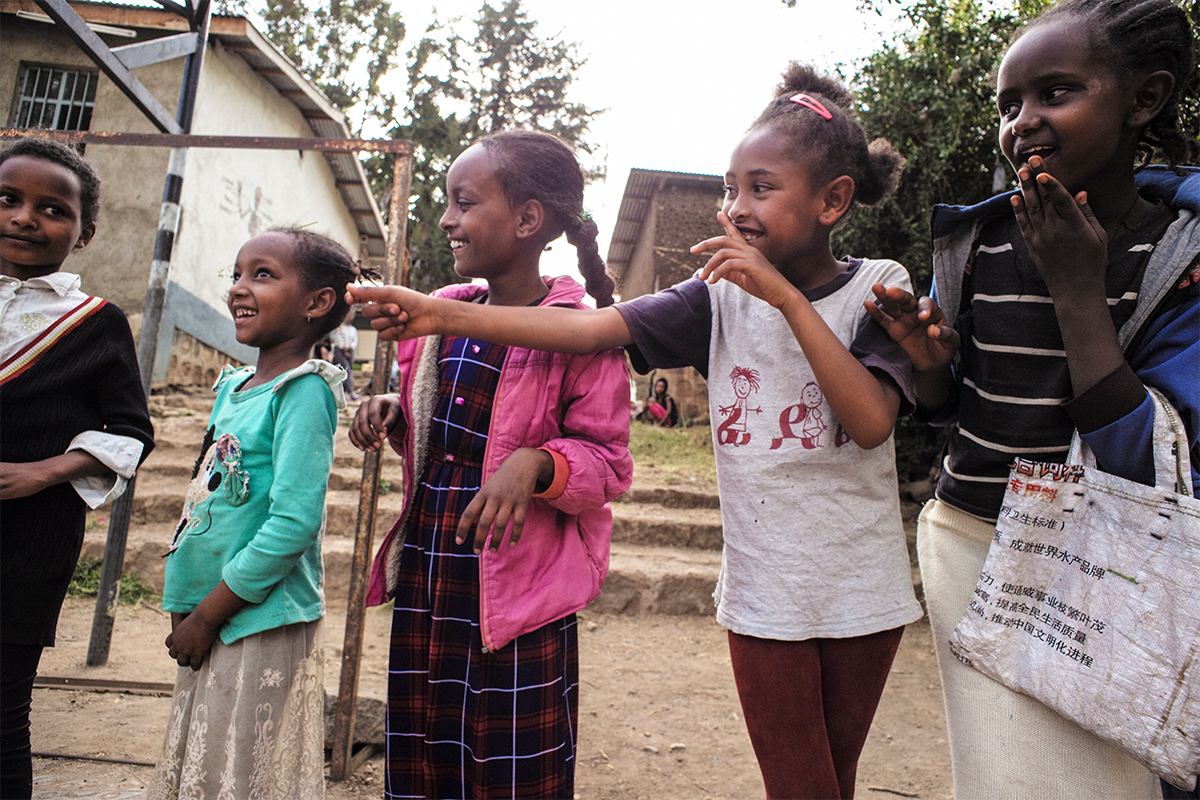
Leadership
The church has two full-time ministers.The main pastor is Pastor
Mulugeta. He has been serving at Sheno KHC since 2010. He is
married and a father of three. He loves children and believes in
reaching them by meeting their physical and spiritual needs. He
has baptized a number of children through his ministry. The two
ministers work together with a committee of seven elders selected
from the church to lead and administer the church.
Home Based Care
Program Overview
The Goal
The goal of the Home Based Care (HBC) program is to equip, inspire, and mobilize churches to build relationships with at-risk families within their communities. Relationships grow through frequent visits to families in their homes to offer prayer, biblical training, counseling, and overall encouragement. To empower this wholistic approach to orphan care, World Orphans and US churches connect with Ethiopian churches to provide Gospel-centered training and funding.
Funding
Funding for the HBC program comes from a combination of church partnerships and fundraising campaigns. This funding ensures that these children receive the following:
Food
Meals served with the families and at school on a daily basis
Medical Care
Access to medical services and monitoring for specific health needs
Education
Assistance with school fees, school supplies, and tutoring
Emotional Care
Counseling and mentoring through relationships with church members
Spiritual Care
Fellowship, prayer, discipleship, and encouragment
How it Works
Vulnerable Children Identified
ChilD Selection Process
The HBC committee works to identify 20 orphaned or vulnerable children in the community who are in the greatest need. From there, they meet with the caregivers to determine if the family is a good fit for the program. The due diligence process includes completing a Child Intake Form, informing World Orphans about each child in the selection process, discovering the family/caregiver history, and providing reasons for the program selection.
Home VisitS Per Family Each YEAR
Home Visits
Each family in the program receives at least one monthly home visit from the HBC committee. These visits ensure each child is receiving proper care and meeting pre-determined milestones in his/her development. Families and children receive encouragement, discipleship, life skills training, financial support, and prayer during these visits.
Impact reports each year on church, child, and community
Program Accountability
With long-term care of each child as our goal, World Orphans is serious about ongoing accountability. World Orphans staff members frequently communicate with the Ethiopian pastors and HBC committee to monitor and assess each child and the overall structure of the program. The pastors are required to provide monthly financial reports on how funds were apportioned, as well as quarterly reports assessing the overall HBC program as it relates to the impact on the church, the children, and the community.
Economic Empowerment
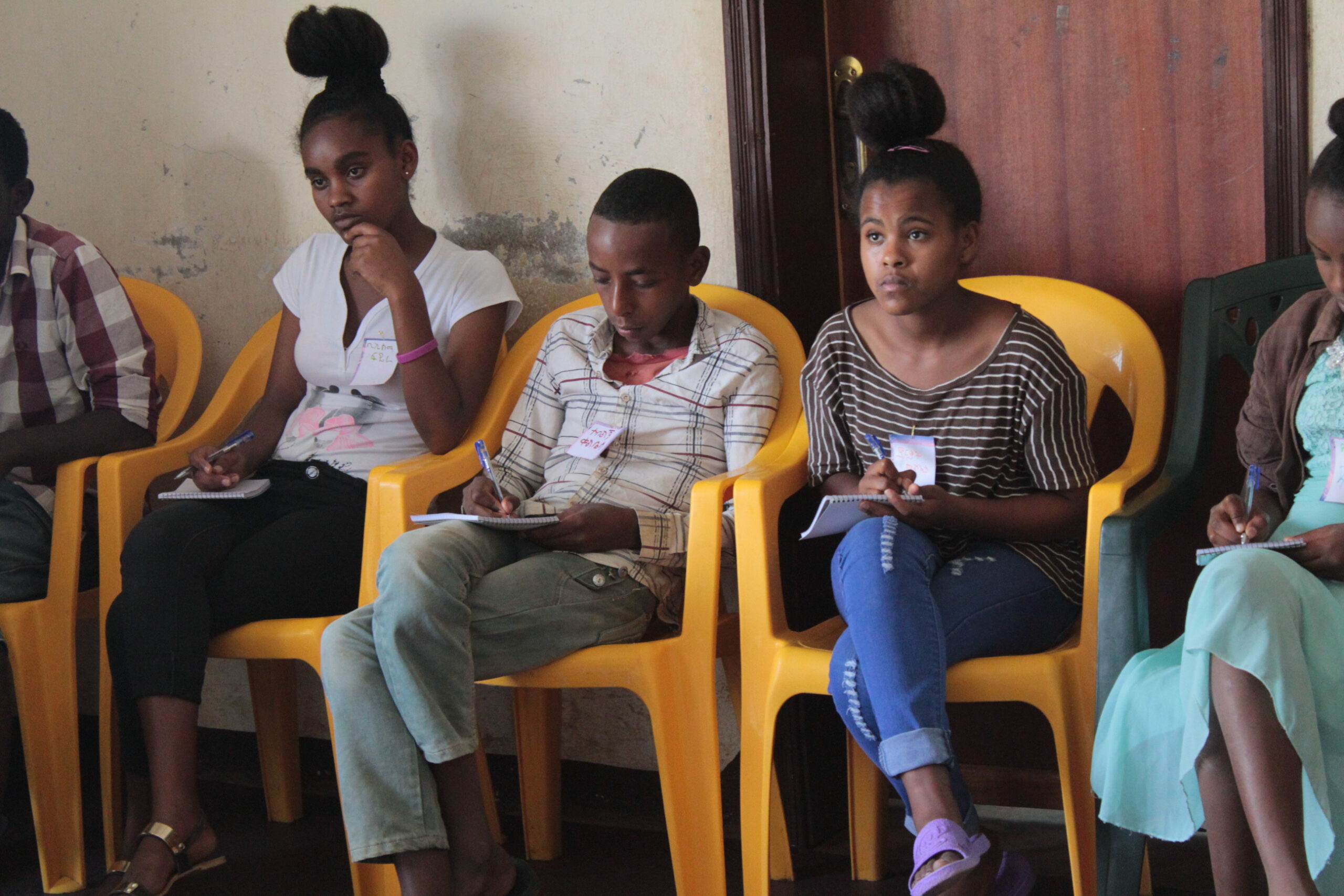
Savings Groups
All of our caregivers from our churches are participating in savings groups that give them the ability to save money monthly, despite their inability to access formal financial institutions as individuals.
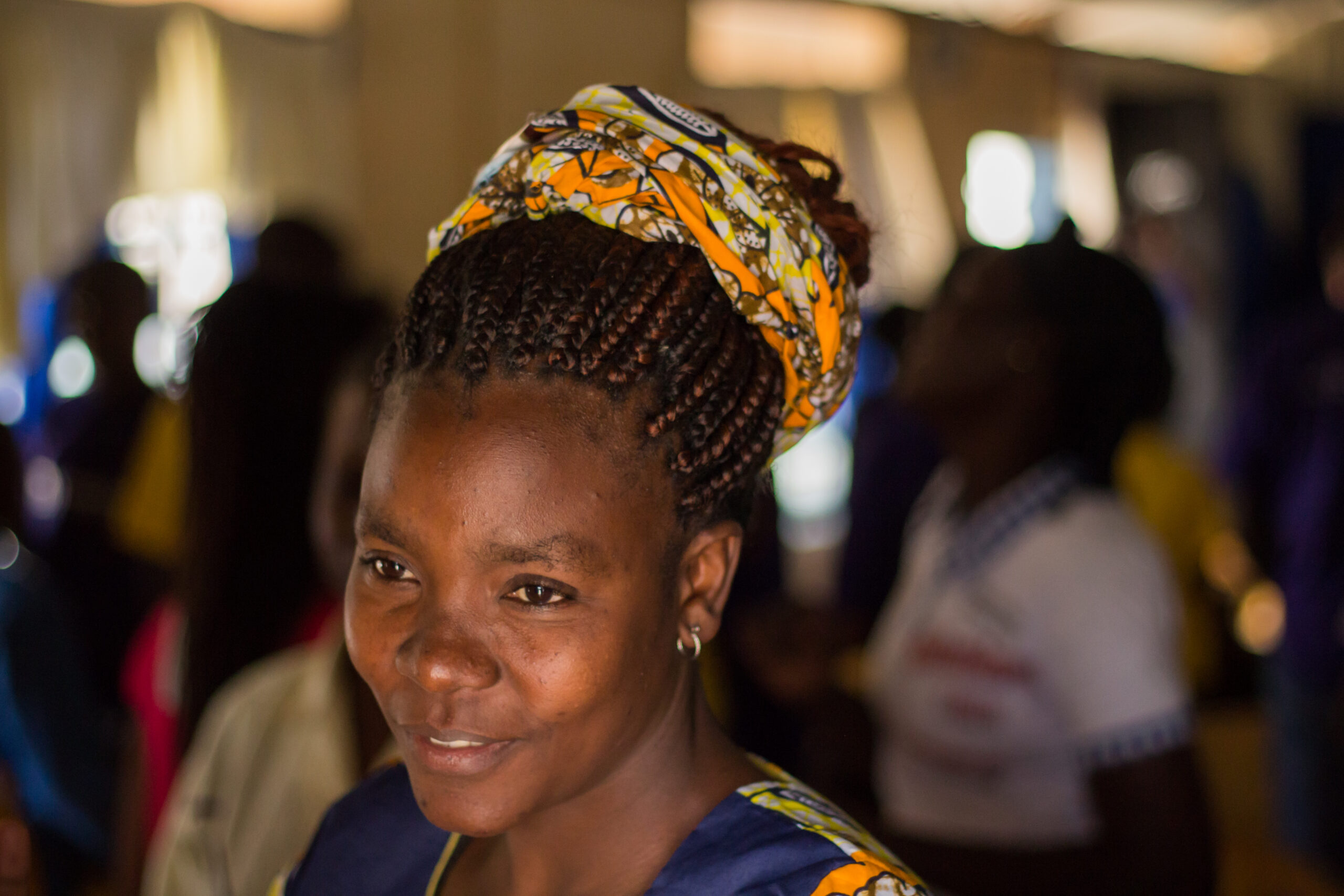
Microloans
Eligible caregivers receive rounds of small microloans to start or expand their businesses.
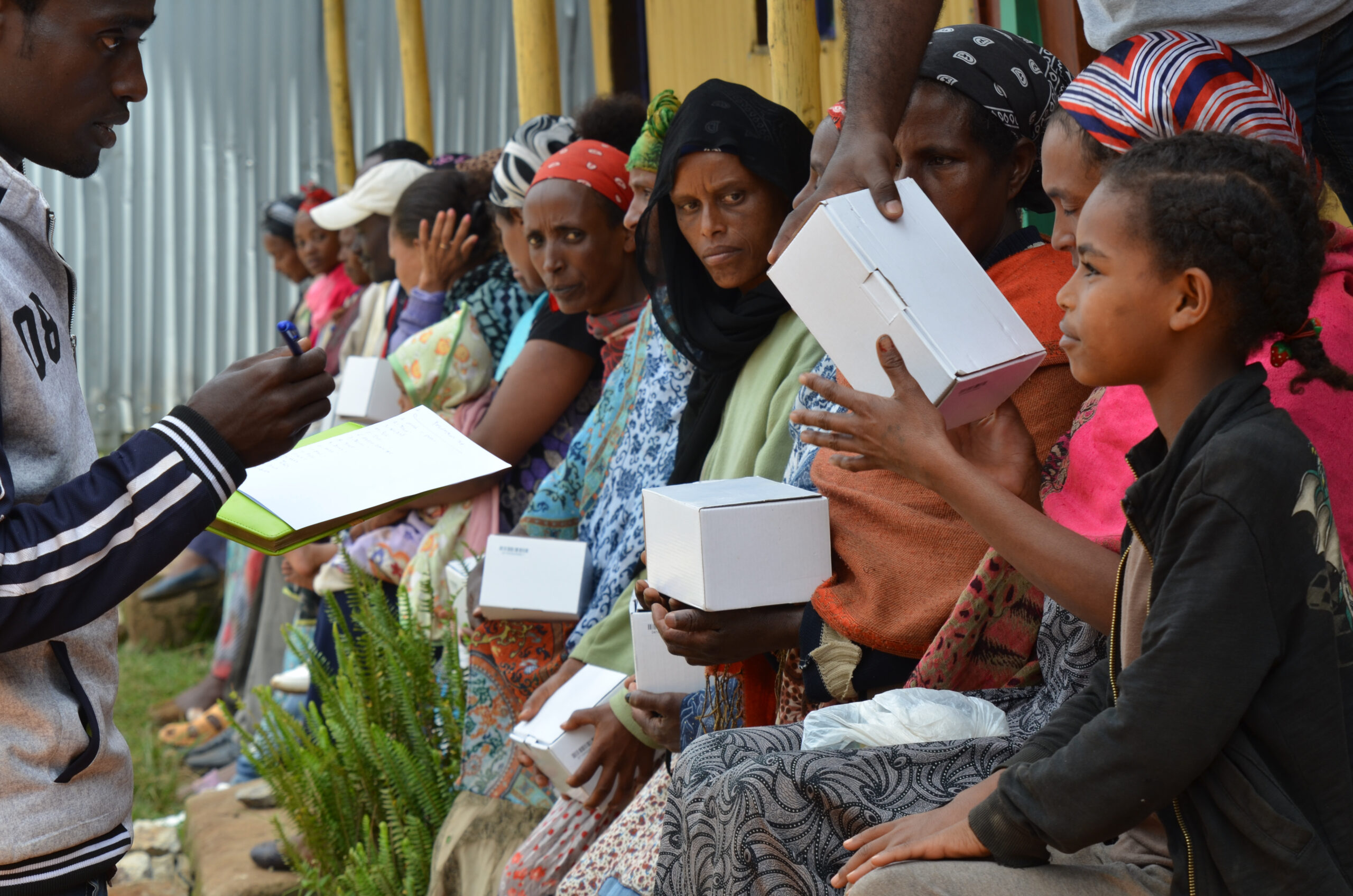
Literacy Programs and Empowerment Packs
Packs of supplies for literacy, education, basic first aid/hygiene, feminine hygiene, and nutrition are distributed at training seminars to the churches and families involved in our program.
Partner with Sheno Kale Heywet Church
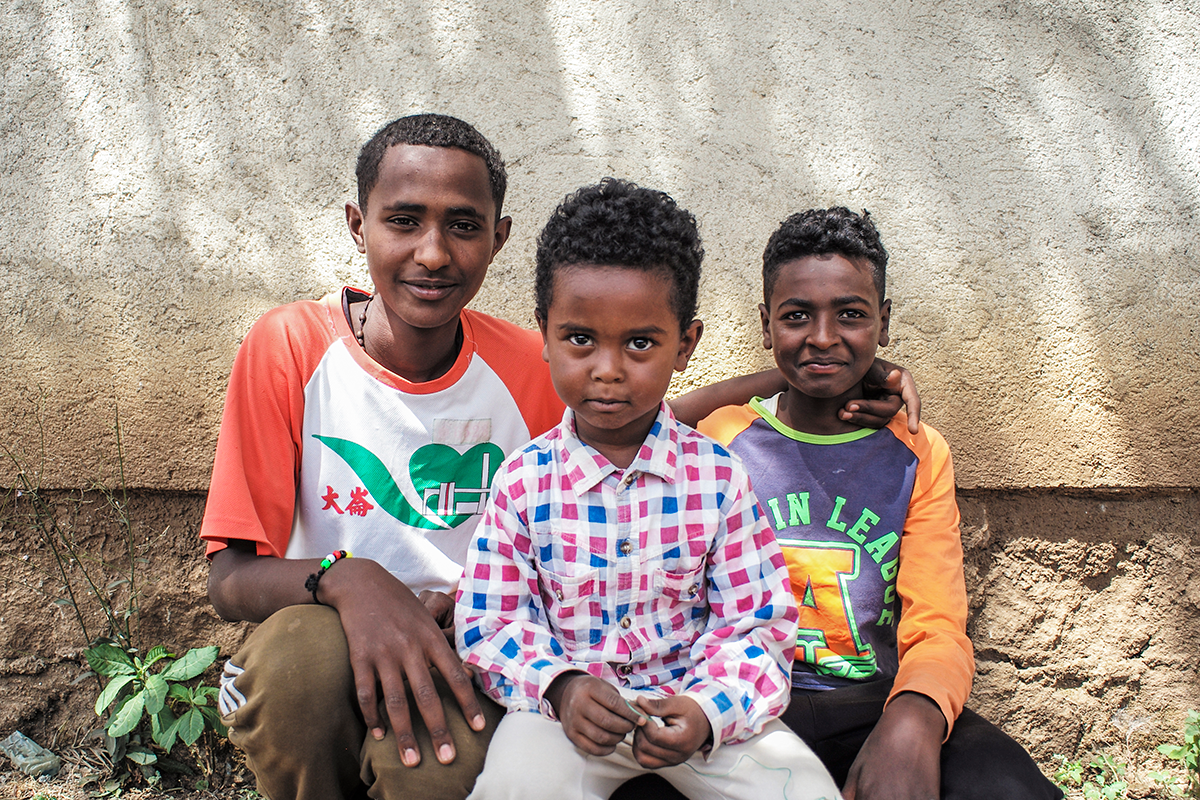
Why Church Partnership?
Most children living in orphanages have at least one living parent. Working together, we help keep families together, strengthen them, and help them toward independence.

